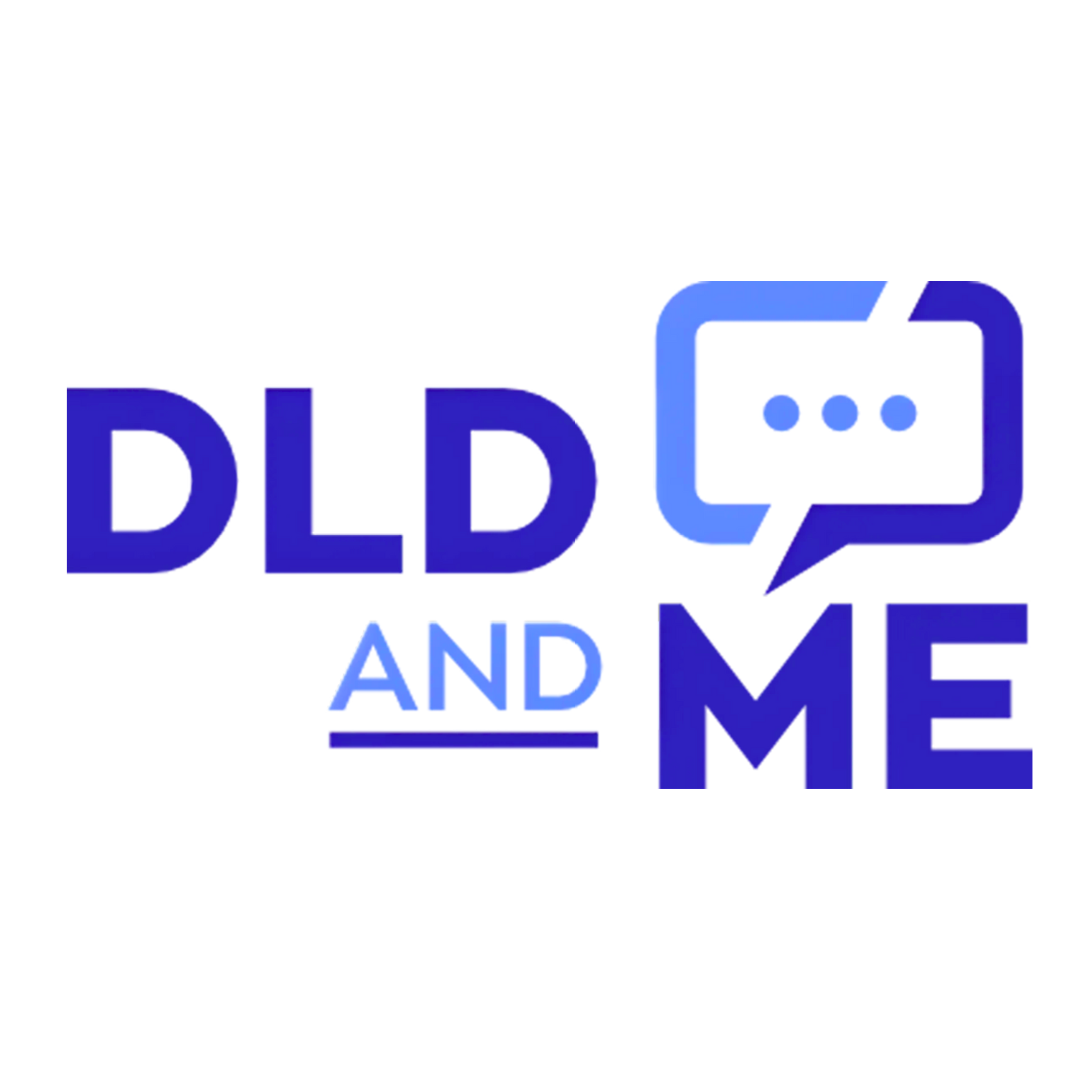How to Tell Someone You Have DLD
Written By:
Anna Sowerbutts
Homerton Healthcare and UCL, Co-author of DLDandMe: Supporting Children and Young People with DLD
Sometimes it might be helpful to tell someone, like a family member, manager, friend, or teacher, that you have DLD. Telling someone could help because:
They understand why some things might be harder for you;
They can avoid difficult language, and explain things simply;
You can tell them what supports are helpful for you.
It is your choice whether you tell someone or not. If you do want to tell someone you have DLD, here are some things to think about before you do it.
When to tell them?
Think about when to tell someone about having DLD. You want to make sure they can pay attention and you won’t be interrupted by anyone else. If it is a teacher, you might wait until the end of the lesson, or a break time. If you are telling a friend or family member, you might want to tell them at home or when there aren’t lots of people around.
How to tell them?
There are lots of ways you could tell someone you have DLD! Here are some ideas:
Talk to them;
Send them an email or text;
Write them a letter;
Draw them a picture or a comic strip.
What to say?
It might be helpful to write down what you want to say. Remember, lots of people won’t know what DLD is, so you might have to explain it, and how it affects you. It’s also a good idea to practice beforehand with someone you trust, so you are ready for what the other person might say.
You might like to start by saying “I’d like to tell you something. I have DLD. That stands for Developmental Language Disorder. DLD means I have difficulty with using and understanding language.”
Then you can tell them how they can support you. For ideas about strategies that might work for you, have a look at this post. Also, this handout will help you to share ideas with your teacher.
Think about whether you would like them to tell anyone else (like other teachers or other family members), or whether you would like them to keep it to themselves (not tell anyone). This is your choice.
Good luck!
References:Cross, Joanisse, & Archibald (2022). Mathematical abilities in children with developmental language disorder. Language, Speech, and Hearing Services in Schools, 50 (1), 150-163. https://pubs.asha.org/doi/abs/10.1044/2018_LSHSS-18-0041



